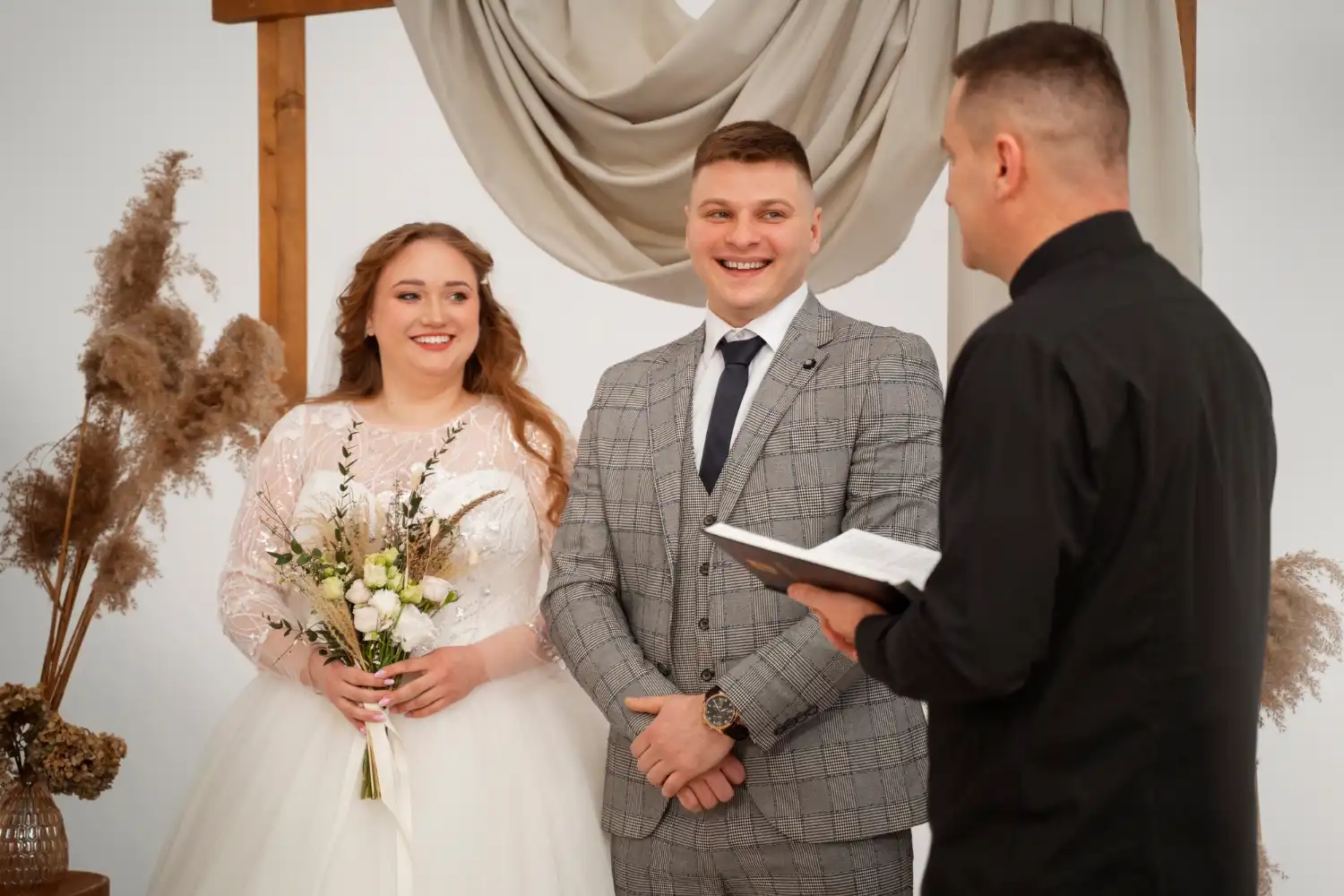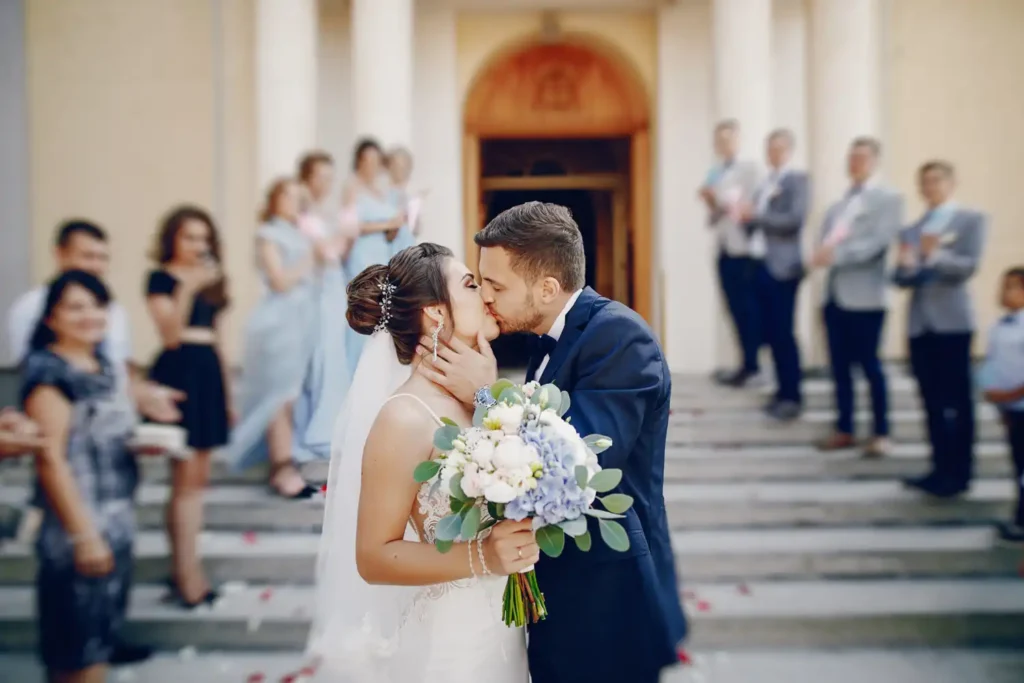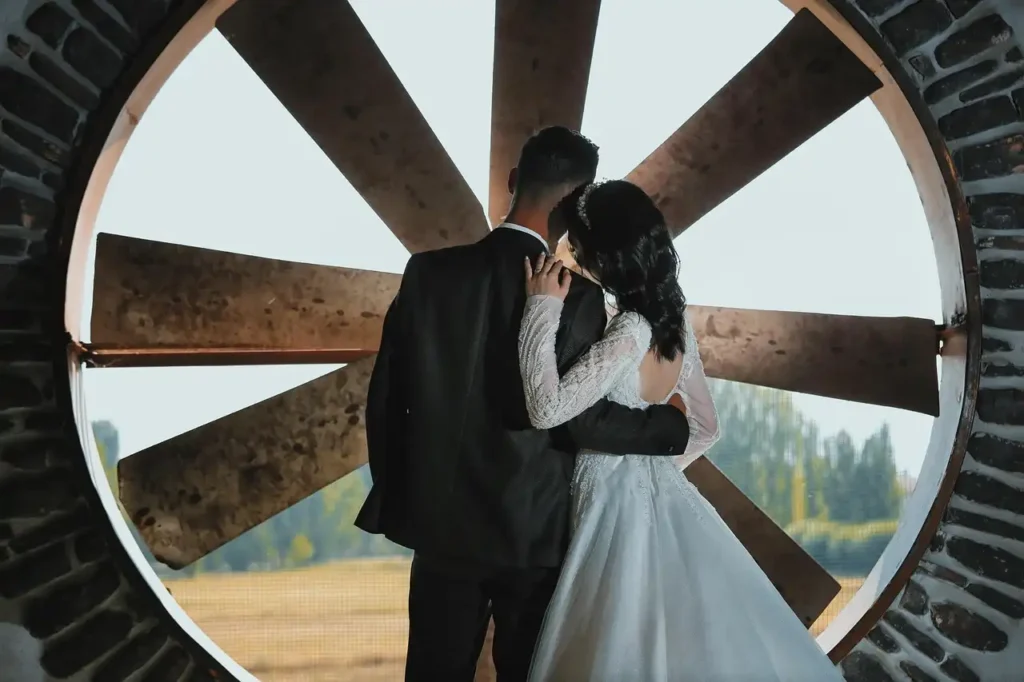Email: [email protected]
Phone: +44 7710 621141

Civil partnership vs marriage: Learn the differences, benefits, and which suits you best. Explore legal rights, ceremonies, and more in this guide!
Civil partnership vs marriage: which one is right for you? Choosing how to make your relationship official can feel like a big puzzle. Both options give you legal rights, but they’re not the same. Don’t worry—this blog will answer your questions! We’ll explain the differences, benefits, and how to pick the best choice for your love story in simple words.

Before we delve into the differences, let’s explore why couples choose these options. Both civil partnerships and marriages offer awesome perks that protect you and your partner.
A civil partnership is a legal bond that started in the UK in 2005 for same-sex couples. Now, since 2019, opposite-sex couples can choose it too! Here’s why it’s great:
Marriage is a classic way to tie the knot, open to both same-sex and opposite-sex couples in the UK since 2014. Here’s what makes it special:
Both options ensure that you and your partner are protected, but the vibe and process differ. Let’s compare them next!
To make things clear, let’s look at how civil partnerships and marriages stack up. This table sums it up, followed by more details.
| Vows, a civil or religious ceremony | Civil Partnership | Marriage |
| Who Can Enter? | Same-sex & opposite-sex (since 2019) | Same-sex & opposite-sex (since 2014) |
| Ceremony | Signing a document, no vows | Divorce (can include an adultery ground) |
| Legal Rights | Same as marriage (tax, inheritance, etc.) | Same as civil partnership |
| End of Relationship | Dissolution (like divorce, no adultery ground) | Divorce (can include adultery ground) |
| Global Recognition | Limited in some countries | Widely recognized worldwide |
| Vibe | Modern, secular, equal | Traditional, cultural, or religious |
In a civil partnership, you sign a document with a registrar and two witnesses. It’s quick, fuss-free, and incredibly simple. No vows or big speeches are needed! You can throw a party after, but it’s not part of the legal stuff.
Marriage ceremonies are more flexible. You can have a civil marriage at a registry office or a religious one in a church, mosque, or temple. You say vows, exchange rings, and make it personal. It’s great for couples who love a big moment.

Good news: both options offer you the same legal benefits in the UK. Whether you’re in a civil partnership or marriage, you get:
The only catch? If you travel abroad, marriages are often recognized in more countries than civil partnerships. Check the rules if you plan to move!
If things don’t work out, civil partnerships end through “dissolution,” and marriages end with “divorce.” Both processes are almost identical—splitting money and property, and deciding on child custody. The only difference? In Divorce, you can use “adultery” as a reason, but not in dissolution (though bad behavior still counts).
Civil partnerships feel modern and equal. They don’t carry the old-school baggage of marriage, like traditional roles. Many couples pick them to say, “We’re partners, equal in every way.”
Marriages, on the other hand, have a long history. For some, it’s about love and tradition. For others, it’s a spiritual bond. But it can feel “old-fashioned” to couples who want something fresh.
Choosing between a civil partnership and marriage is like deciding on your favorite ice cream flavor—it depends on your taste. Here’s a step-by-step guide to help you make an informed decision.
Sit down with your partner and chat about what matters to you. Do you love traditions, or do you want something new? Are you religious, or do you prefer a secular vibe? For example, my friend Sarah chose a civil partnership because she wanted a simple, equal bond without the history of marriage. Her partner loved the idea as well.
Do you dream of a grand wedding with elaborate dresses, decadent cakes, and lively dancing? Marriage might be your pick. If you’d rather keep it casual with a quick signing and a cozy dinner, consider a civil partnership. You can still celebrate either way!
If you travel or move a lot, marriage might be easier since more countries recognize it. For instance, my cousin moved to Spain, and their UK marriage was recognized immediately. Civil partnerships can be more challenging abroad, so research the countries you’re interested in.
In the UK, both options provide the same rights, so there’s no need to worry. However, if you have children, property, or complex financial matters, consult a lawyer. They can make sure your choice fits your life.
Guess what? You can switch later! In the UK, you can convert a civil partnership to a marriage or (since 2019) a marriage to a civil partnership. So, pick what feels right now and adjust if needed.

Why do couples pick one over the other? It’s all about what feels right for their love story. Let’s explore some real reasons and insights.
Here’s something new to think about: choosing isn’t just about you—it’s about your future together. A civil partnership might feel right if you want a clean slate, free from society’s expectations. Marriage might be the right choice if you’re going to connect with family traditions or share a significant moment with loved ones. Either way, it’s your story, so write it your way!
Let’s wrap up with some big takeaways to help you feel confident about your choice:

Civil partnership vs marriage—it’s a big decision, but it doesn’t have to be hard. Both options let you celebrate your love and protect your future. Whether you want a quick signing or a dreamy wedding, the key is choosing what fits your heart and life. Talk with your partner, think about your dreams, and don’t be afraid to ask for advice. Ready to take the next step? Let’s make your love story official!
The biggest difference is the ceremony and vibe. Civil partnerships involve signing a document without vows, keeping it simple and secular. Marriages include vows and can be civil or religious, with a traditional feel.
Yes! Since December 2019, opposite-sex couples in the UK can choose a civil partnership, just like same-sex couples. It’s a great option for couples focused on equality.
In the UK, yes! Both give the same legal rights for taxes, inheritance, pensions, and kids. The only difference is that marriages are recognized in more countries abroad.
Civil partnerships end with “dissolution,” and marriages end with “divorce.” Both processes are similar, splitting the money and deciding on kids, but Divorce can use “adultery” as a reason, unlike dissolution.
Absolutely! In the UK, you can convert a civil partnership to a marriage or even a marriage to a civil partnership. It’s a flexible way to change your mind later.
Call-to-Action: Got questions about civil partnerships or marriage? Please leave a comment below or contact our expert legal team at Promesse UK for further assistance. Subscribe to our newsletter for more tips on love, law, and life. Let’s plan your perfect union together!
Join our weekly newsletter and get the latest wedding trends, expert planning tips, and elegant inspiration delivered straight to your inbox.
No spam, no fluff - just beautifully curated content for modern couples.